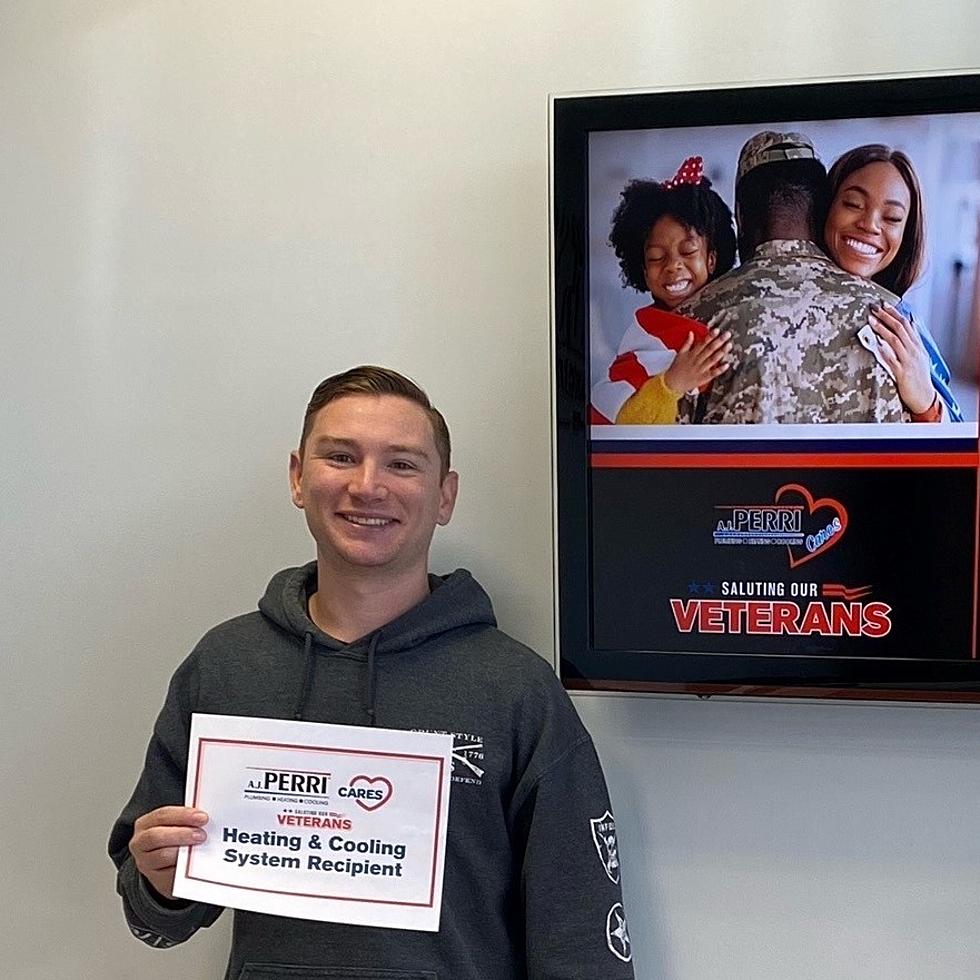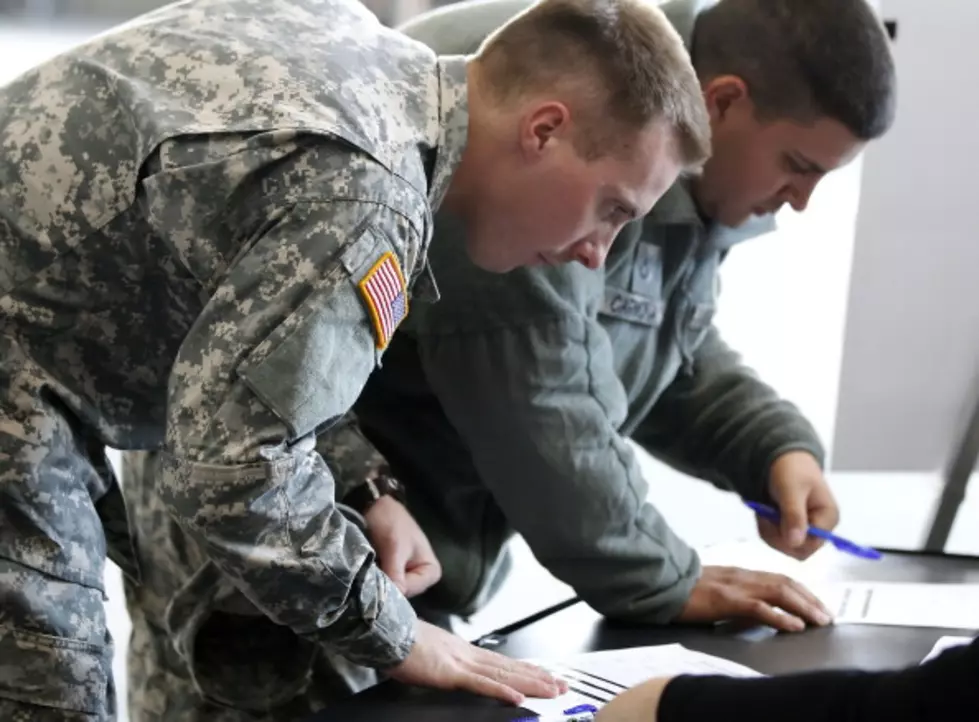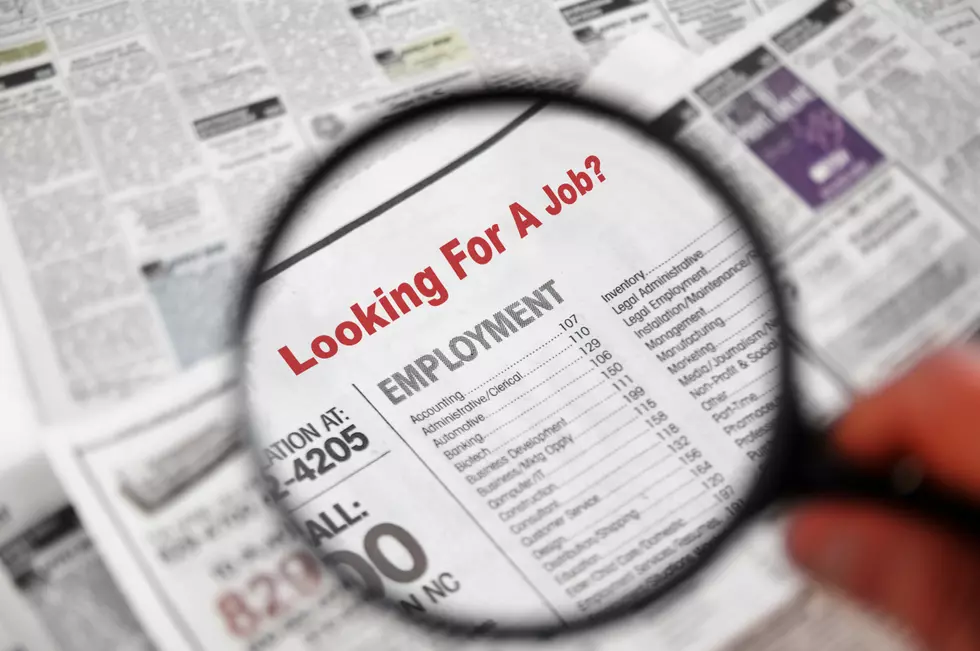
Veterans Face Challenges Finding Work
Veterans Day is this Friday and many of those who bravely served are facing a challenge even harder than battle, finding a job.
Military men and women face unemployment figures which go even above the record high national average. According to a report from the US Labor Department, Iraq and Afghanistan - era veterans, who already face an average 11.5 unemployment rate, 36% were unemployed for 27 weeks or longer.
While those numbers may seem high, those who work closely with veterans say that in reality they are even higher. Carl Blum is co Founder of Tip of The Arrow, a non profit organization that helps returning veterans find gainful employment and coaches them on making themselves marketable, says while some quote unemployment figures as high as thirty percent --he says they're higher.
"I don't believe the statistics" says Blum, "we are the only civilian organization that meets the veterans on their first day back in country at Fort Dix and we generally run into forty to sixty percent unemployment. We were called into Vermont when the Green Mountain Boys came back from Afghanistan last year to run the reintegration, and sixty percent of those veterans are unemployed."
Many servicemen who arrived home recently already can't believe the difficulty of finding work. One soldier notes, "I just got back three weeks ago and I have the hardest time finding a job."
While veterans now get support from the public, one soldier notes the good will is great, but if doesn't always amount to anything.
"It's a little hard. Everyone wants to help a vet, but with the economy no one is really hiring anyway."
Older veterans face additional struggles; those who lost their jobs faced a much longer search for new work. The Labor Department reports for veterans 65 and older trying to re-enter the workforce after losing a job, 53 percent were unemployed for 27 weeks or longer. The median duration of unemployment for these older veterans was 31 weeks, the report said.
One soldier who recently finished a twenty year plus career in the US Army says he has a wealth of experience, the difficulty is getting hiring managers to take notice.
"The biggest thing is getting visibility. It seems it that every time you put in a resume, you are one of hundred if not thousands."
Some of the issues that veterans of all ages face is that they often have trouble conveying their military experiences into language that civilian Human Resource managers can understand. Blum says the humble, "no bragging", nature of the military often means veterans who have significant experience which can be transfered into the business world get passed up.
"The hardest thing for a veteran coming home is to translate their narrative. To them it's just a job, they never think of the components that make up what they do. Which is extraordinary."
Blum adds that additionally the problem often lies with HR departments, many of which are ill prepared to deal with interviewing veterans and over look qualified candidates because of it.
"They do not have the expertise to what we say 'peel the layer of the onion'. So that they can really understand the totally of what they [the serviceman or woman] have done."
He notes many times civilians simply don't understand what the military jargon means, which leaves misconceptions of the full list of duties an average soldier can have. Including training a team, utilizing communications, gaining intelligence, as well as working with communities. All of which he notes are qualities that employers look for. Instead their resumes fall through the cracks, saying companies will have a candidate fill out a resume and it will go into a random file and "If that resume doesn't fit the slot that their hiring for, they discard it."
One thing Alex Manis, deputy director of the GI Go Fund, says it benefits to take advantage of the services available to veterans. He suggests servicemen and women "keep expanding their knowledge base, keep upgrading your skills, and making yourself as attractive as you can to employers."
More From 92.7 WOBM









